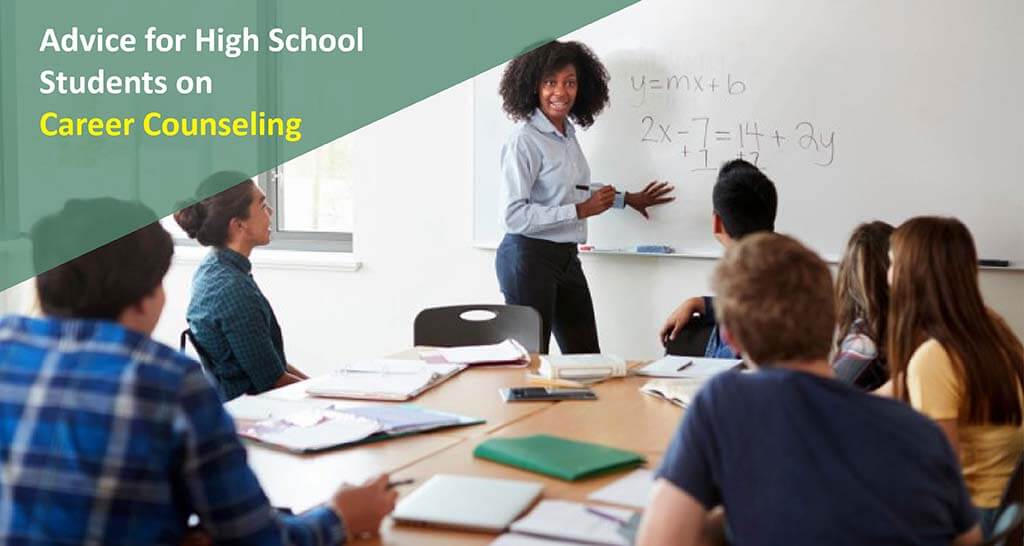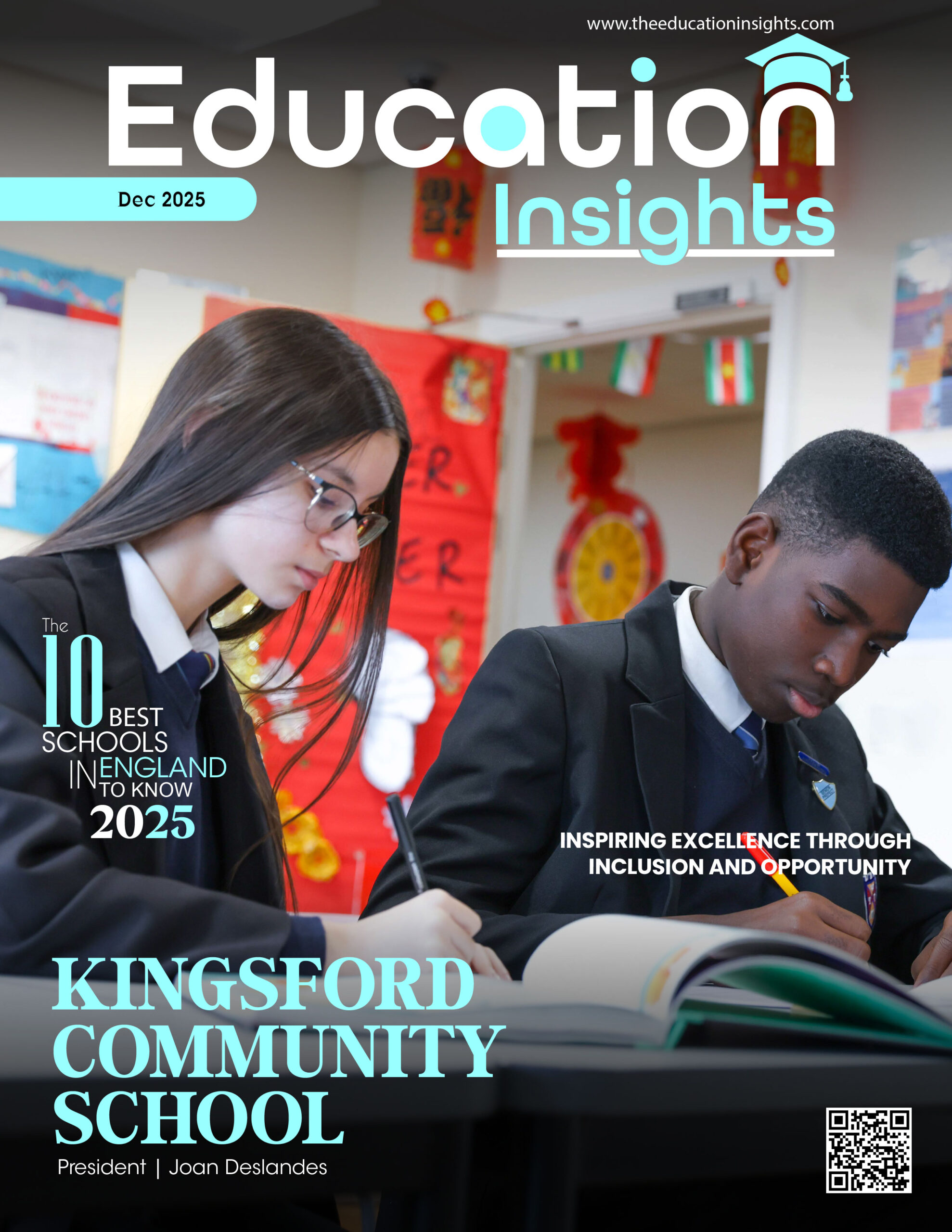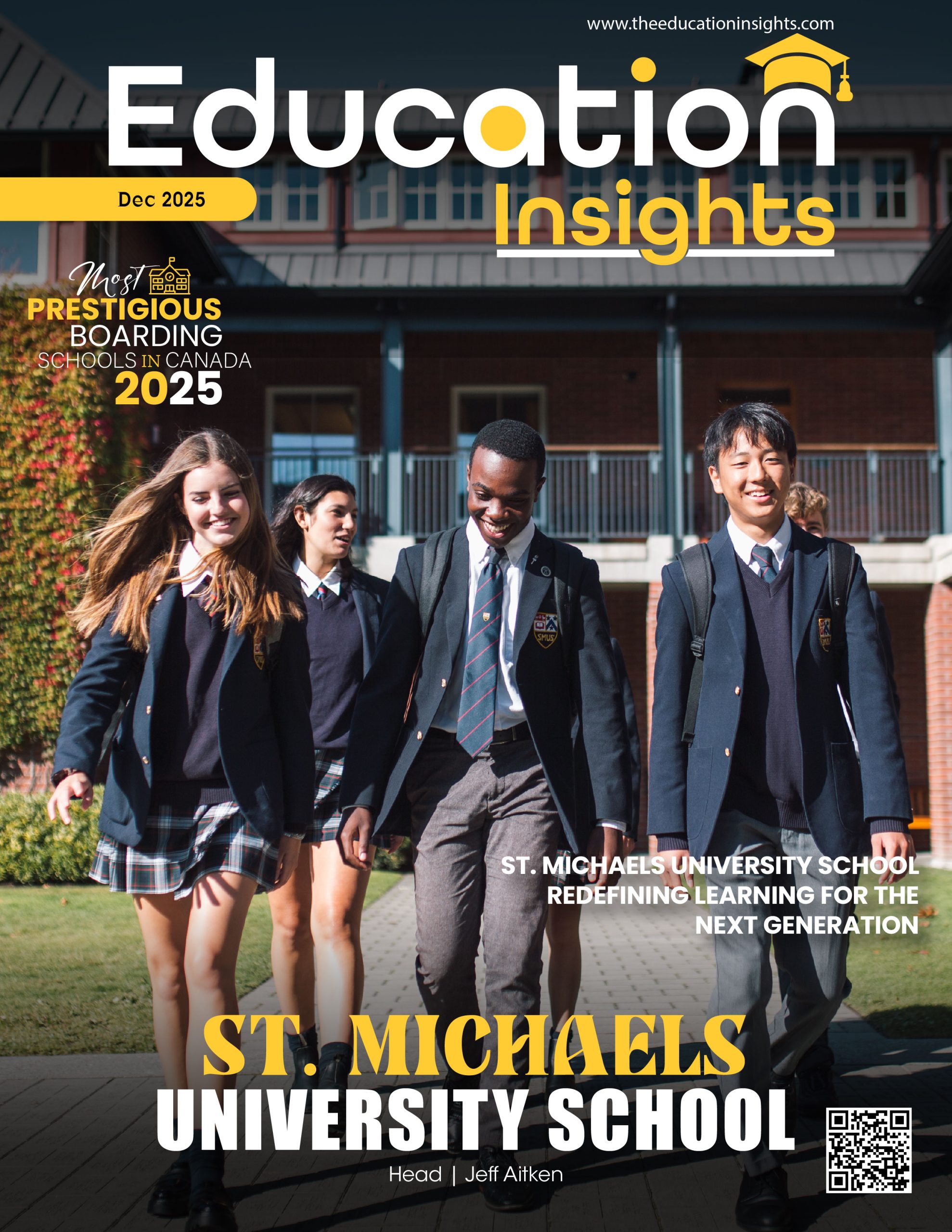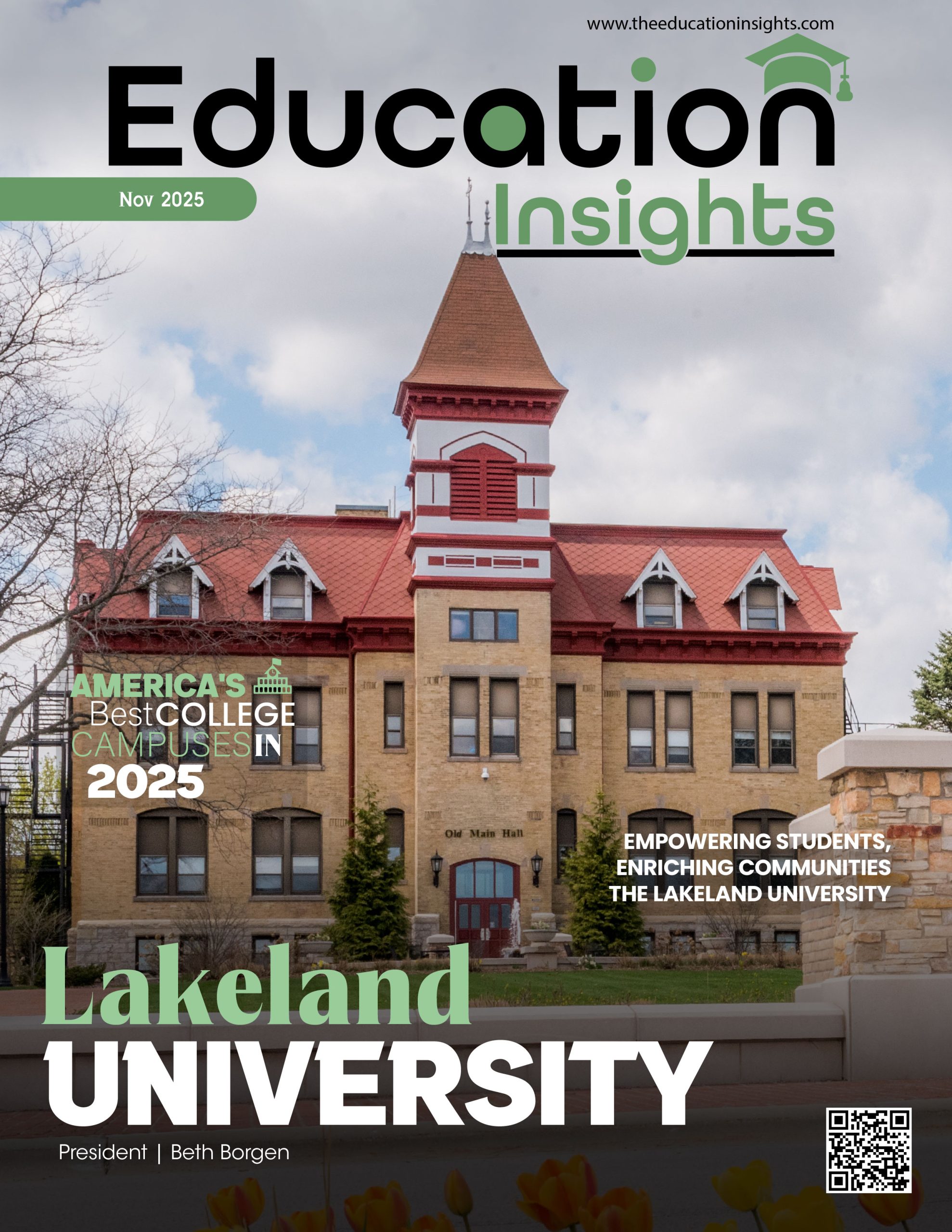Choosing a career path early on in school is crucial since it shapes the student’s academic and professional goals.
Career choices influence students’ future financial well-being, and the consequences generally impact their mental health and personal networks.
Your duty as a career counseling expert is to assist high school students in selecting a vocation they will excel in while also enjoying. Counseling should contain many fundamental techniques that we propose making standard in your schools for it to provide practical benefit to kids.
Identify talents and interests through expert evaluations
Your students must understand the link between occupational happiness and emotional wellness. Because recognizing interests and talents is the first step in finding a suitable work match, provide expert evaluations.
Such exams use psychology-based questions to determine a person’s temperament, psychological qualities, and potential areas of interest. While no evaluation can guarantee success, the findings may serve as a guide to provide your pupils with a starting point and a few career alternatives. They will also assist pupils in better understanding themselves in general.
When advising on future jobs, suggest playing to their strengths but not dismissing their hobbies and passions because they did not show potential in the exam. To steer your pupils toward the most excellent option, distinguish between attainable ambitions and unrealistic desires.
Please encourage students to participate in extracurricular activities to explore various interests
Encourage your kids to participate in extracurricular activities to maximize their potential and disclose hidden abilities. It is typical for schools and colleges to provide a selection of activities from which to choose. So, if a student is unsure about their future professional path or hobbies, several extracurricular activities may assist in pinpointing such. You may propose an activity relevant to the present student’s interests or something completely new. However, this advice will be based on the student’s willingness to try new things.
Encourage internships and part-time employment.
An internship or part-time employment is an excellent way to understand how various sectors operate. Internal processes and the fundamentals of professional communication and conduct may be taught to students.
When researching internships, keep the following in mind:
- Industry of interest
- Excellent work procedures from which to learn
- Self-organization and accountability requirements
- If the internship goes well, there is an opportunity to work for the firm in the future. Do mock interviews with your students to help them master their interviews.
- You should also do at least one virtual interview to get them used to be in front of a camera because many initial screenings are more efficient when conducted online.
Emphasize both soft and technical talents
The current educational system increasingly stresses the value of soft skills and strong academics. As a result, you must educate pupils that, for many companies, soft skills are just as critical as grades.
Although strong grades indicate motivation, organization, learning aptitude, and understanding, soft skills significantly affect professional achievement.
Communication, negotiation, psychology, etiquette, leadership, critical thinking, and other soft skills will significantly influence professional performance. No matter how competent a person is at a specific task, if they cannot share their views and ideas or are hesitant to speak with their coworkers, it may cause churn. Encourage your pupils to develop their soft skills, such as empathy and negotiating, in addition to their technical talents.
Show them how to network.
Because of the Internet’s ubiquity and accessibility, kids can communicate with nearly anybody on the planet. Highlight this as a chance for them to grow their professional network and meet others in their sector of interest. Encourage students to seek out politely and professionally expert guidance or referrals.
Make available resources for more research and study
Finally, provide your pupils with resources for further study and self-education. These should assist them in learning more about the industry, job ethics, and other topics.
- Podcasts, videos, and online classes
- Books, both digital and physical
- Short-term programs
Having these resources accessible provides students with an excellent chance to understand the fundamentals of a potential career, get familiar with the sector, and obtain the fundamental skills required to thrive in the future.
As a counselor, your primary purpose is to encourage young people to pursue their interests and assist them in finding the best-fitting profession for their talents and strengths. In addition to the recommendations listed above, try to address each student individually in a friendly and caring way.










